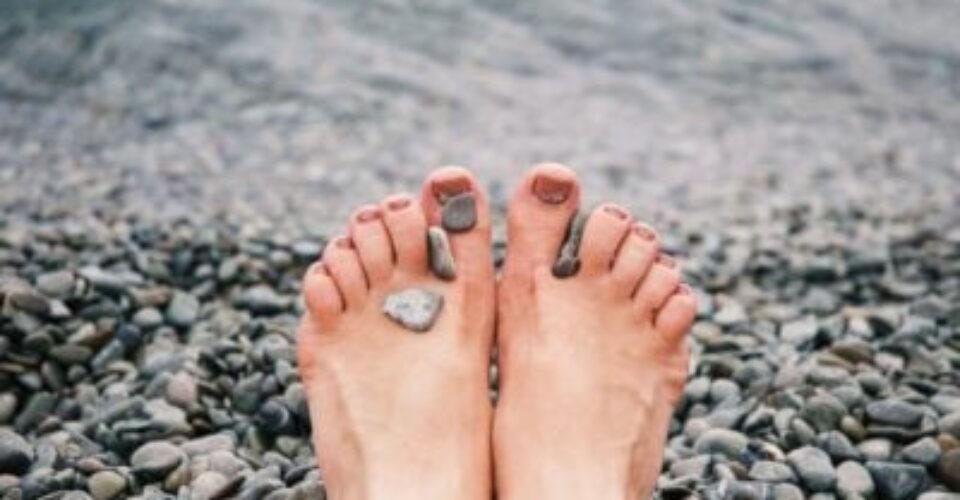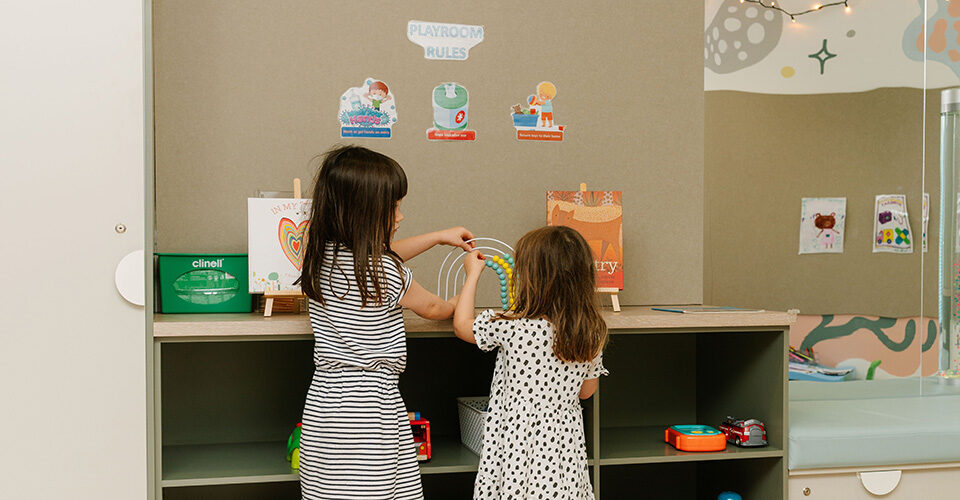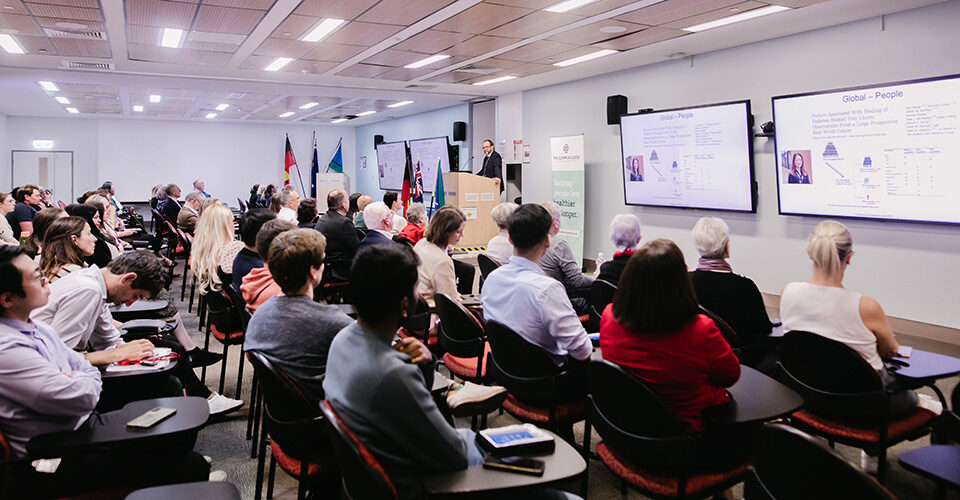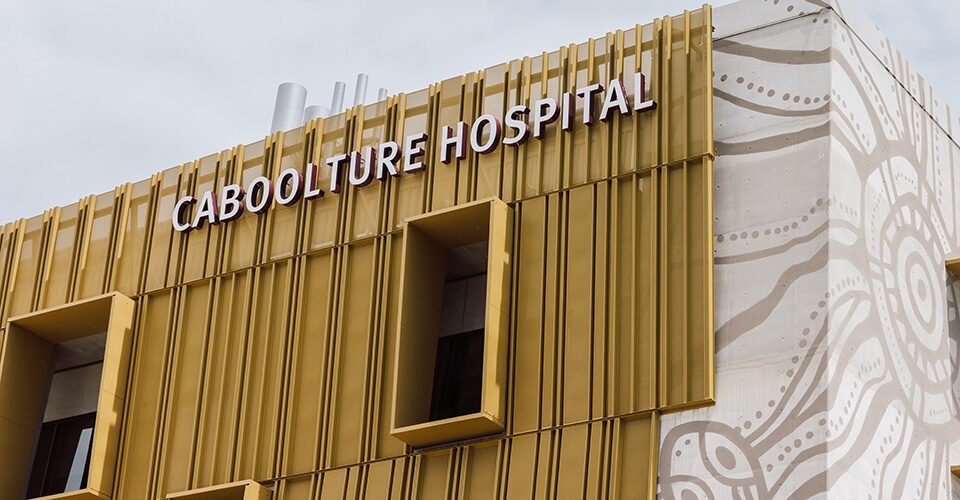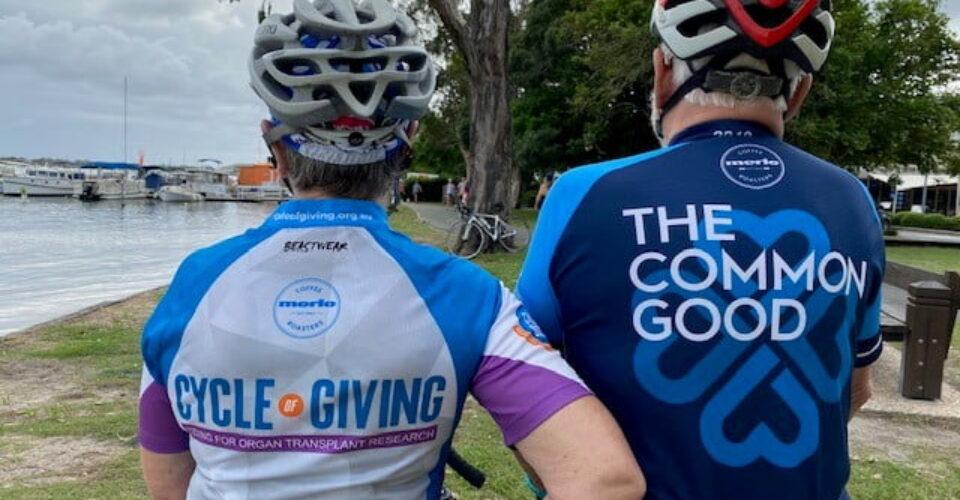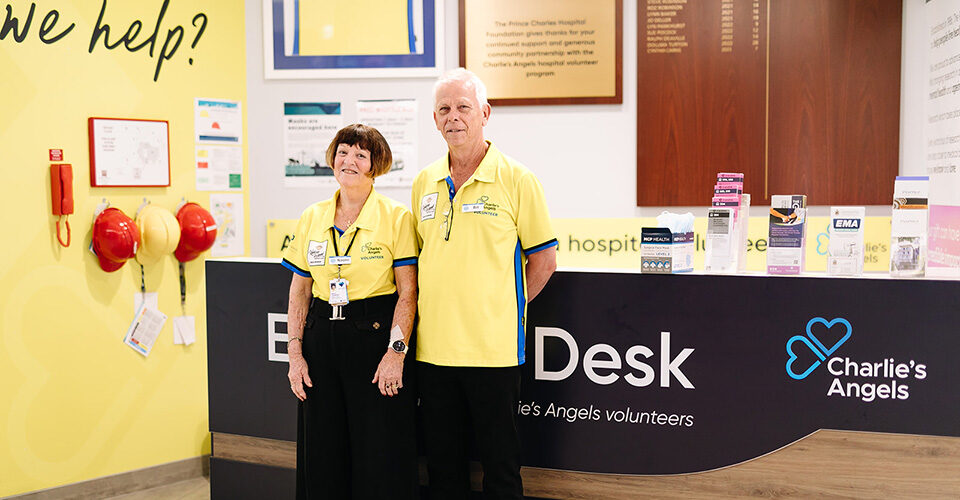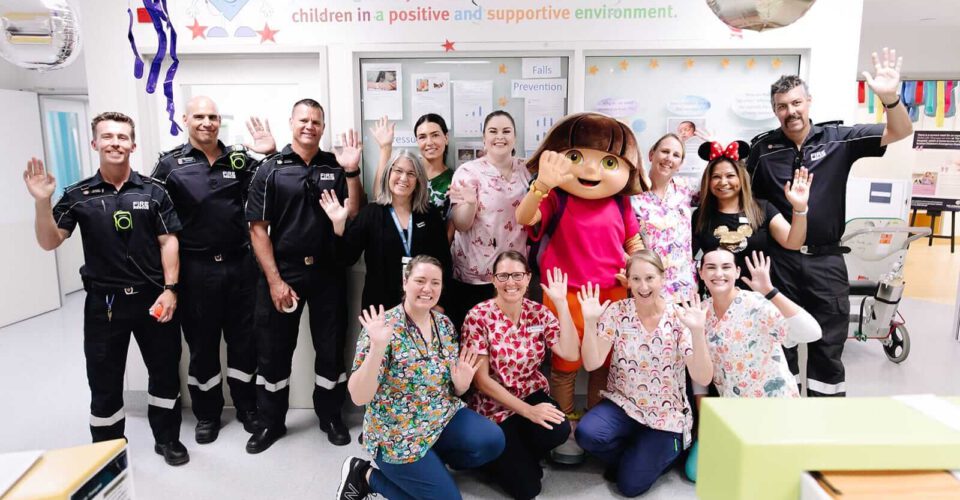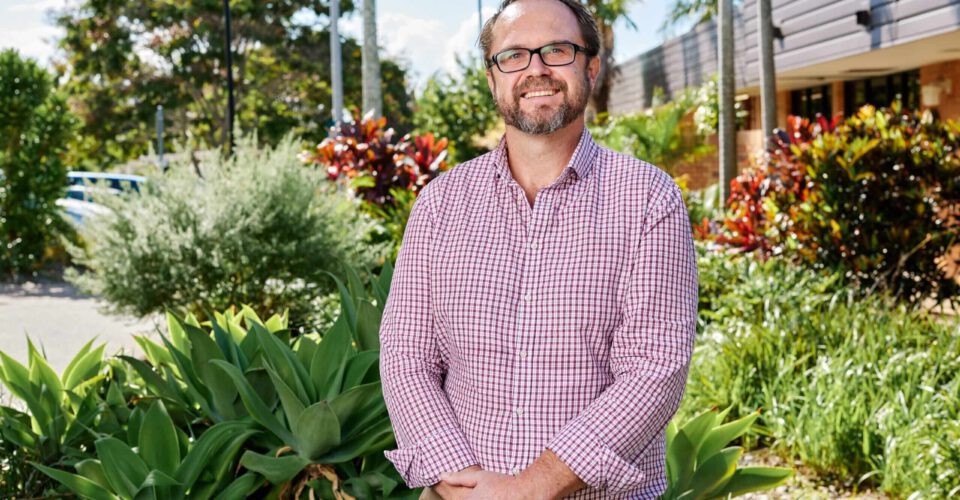Our body requires oxygen to survive but sometimes despite all conventional treatments our body simply can’t get the oxygen it needs that’s where Extracorporeal Membrane Oxygenation (or ECMO) comes in. ECMO keeps oxygen and blood pumping through the lungs and heart, keeping those at high risk of death alive but it comes with its own set of complications.
Patients in Intensive Care Units (ICU), especially those on ECMO, are at risk of developing ICU acquired weakness, which can significantly prolong rehabilitation and recovery. These patients can also develop serious problems in their feet associated with lack of muscle use and reduction in blood flow.
Currently, physiotherapists apply muscle stimulation therapies to patients receiving ECMO in an attempt to halt or minimise the development of ICU acquired weakness. Changes in regional blood flow are also associated with the application of muscle stimulation. This study will demonstrate if a beneficial improvement in foot blood flow occurs as a result of muscle stimulation application, which may prevent the development of serious foot problems in patients undergoing rescue therapy via ECMO.
As a result of this study valuable data on the safe and efficacious use of this therapy will be collected to better understand and prove the benefits, and discover the best ways to apply these stimulation therapies and better improve patient outcomes. The results will be used to guide therapy at The Prince Charles Hospital and other could be applied at other centres across the globe.
Support The Common Good here.
